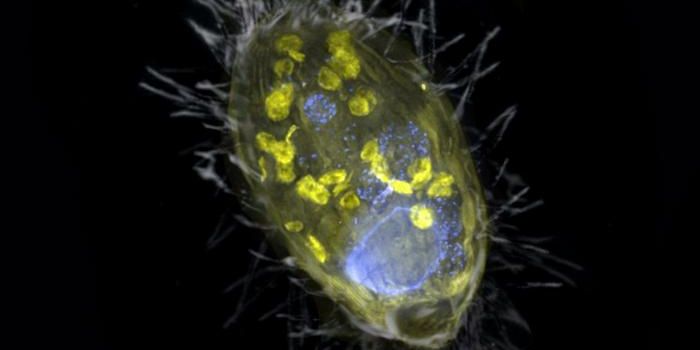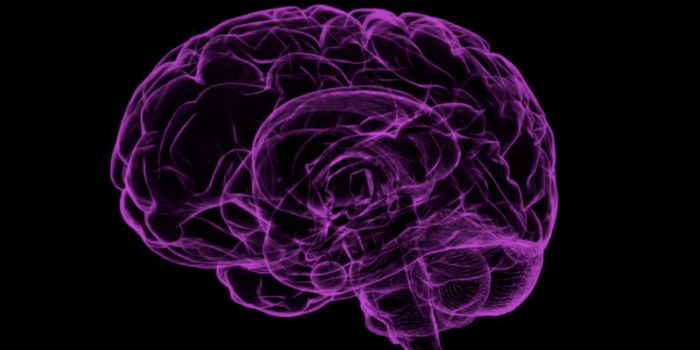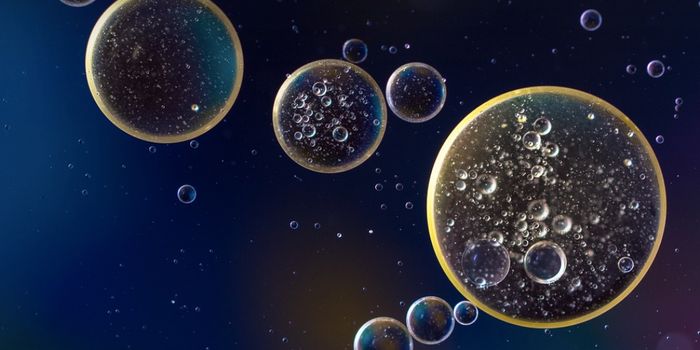MAIT Cell Disappearance is Connected to a Genetic Mutation
MAIT (mucosal-associated invariant T) cells appear to be a critical part of the human immune system, and dysfunction in these cells has been associated with immune and autoimmune diseases. A team of scientists has now found a rare genetic mutation in a patient that causes their MAIT cells to be totally eliminated. The findings have been reported in Science Immunology.
In this work, a patient that was being treated by Dr. Samar Ojaimi at Monash Health in Australia had mild primary immunodeficiency, and a cause could not be identified. The case was passed on to scientists at Australia National University that look for genetic causes of immunological disorders.
After genome sequencing, the researchers found that the patient was carrying a (homozygous) mutation in a gene that encodes for a protein called MR1. This protein normally helps trigger an inflammatory response in MAIT cells. Further study by investigators at the Monash Biomedicine Discovery Institute (BDI) showed that the MAIT cell population had been lost completely while the rest of the immune system appeared to be normal.
"We studied the patient's MR1 protein structure and found that the mutation prevented MR1 from being able to bind the vitamin metabolite it normally presents in order to activate MAIT cells. This led us to look at the patient's immune system to see what effect the mutation had on the MAIT cell population and we were surprised to find it completely gone," said Dr. Lauren Howson of Monash BDI.
This work could help research advance precision medicine for patients with rare genetic and immune disorders, and has also provided new insights into both the MR1 protein and MAIT cell biology.
"This occurrence of a single immune cell population loss in a person gives us invaluable insight into the important role that this cell type plays in human immune responses," said Dr. Howson.
"Human genomics is a powerful method for advancing our understanding of the complexity of immunity," added Professor Cook. "Genome sequencing has emerged as a crucial tool for both diagnosis and discovery of immune-mediated disease."
Learn more about MAIT cells from the video above.
Sources: AAAS/Eurekalert! via Monash University, Science Immunology









